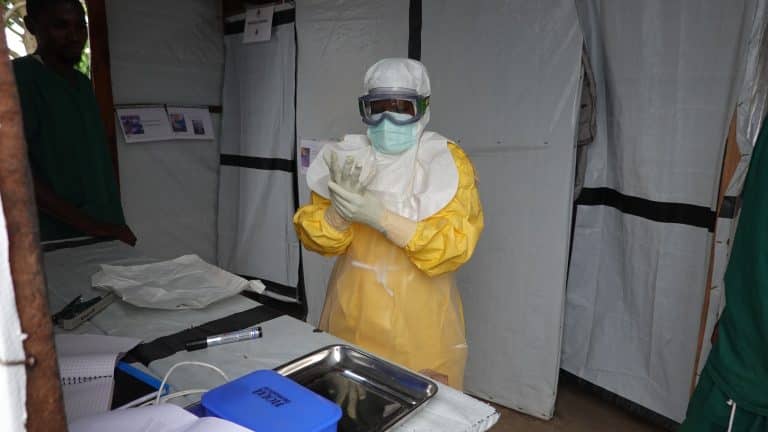
Three Months to Eradicate Ebola: The Power of Collective Action in Kasai
After three months of collective mobilization, the 16th Ebola outbreak in the Democratic Republic of the Congo (DRC) was declared

After three months of collective mobilization, the 16th Ebola outbreak in the Democratic Republic of the Congo (DRC) was declared
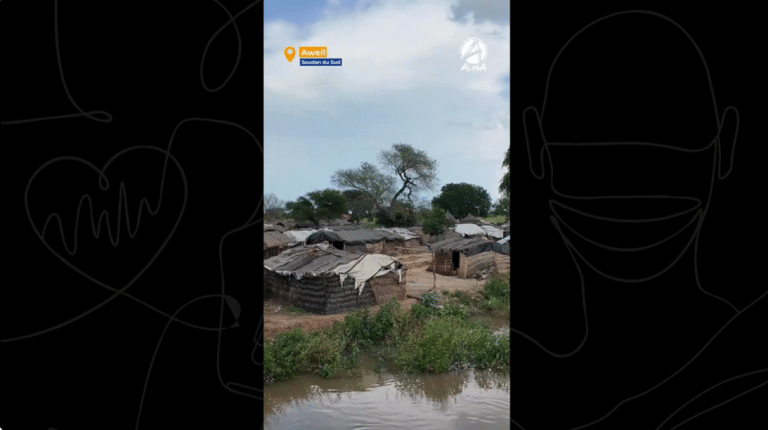
In Aweil, recurring floods cut off entire villages. Malaria, diarrhea, pneumonia: children are on the front lines. Since 2025, ALIMA
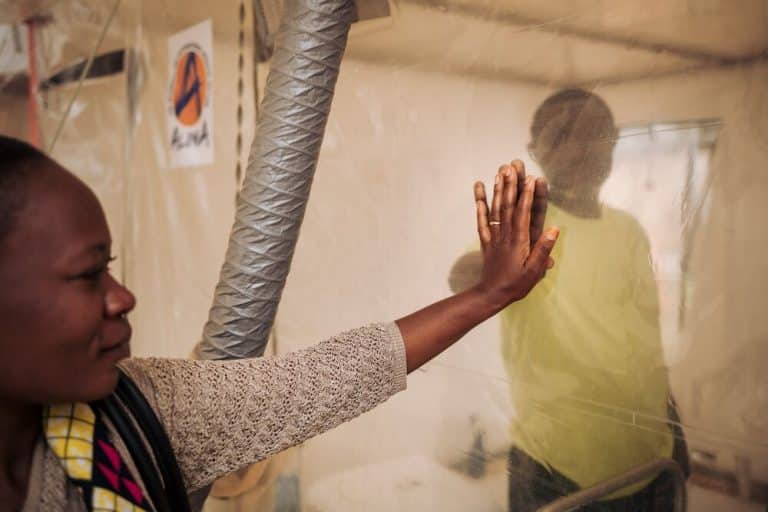
Since late August, a new Ebola outbreak has struck Kasai in the Democratic Republic of Congo. With 40 deaths already
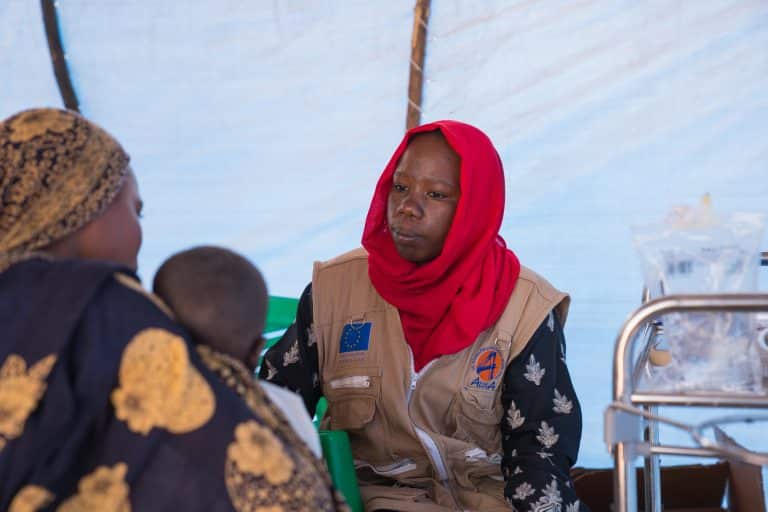
In the areas hardest hit by the conflict, women and men continue to heal, protect, and bring hope back to
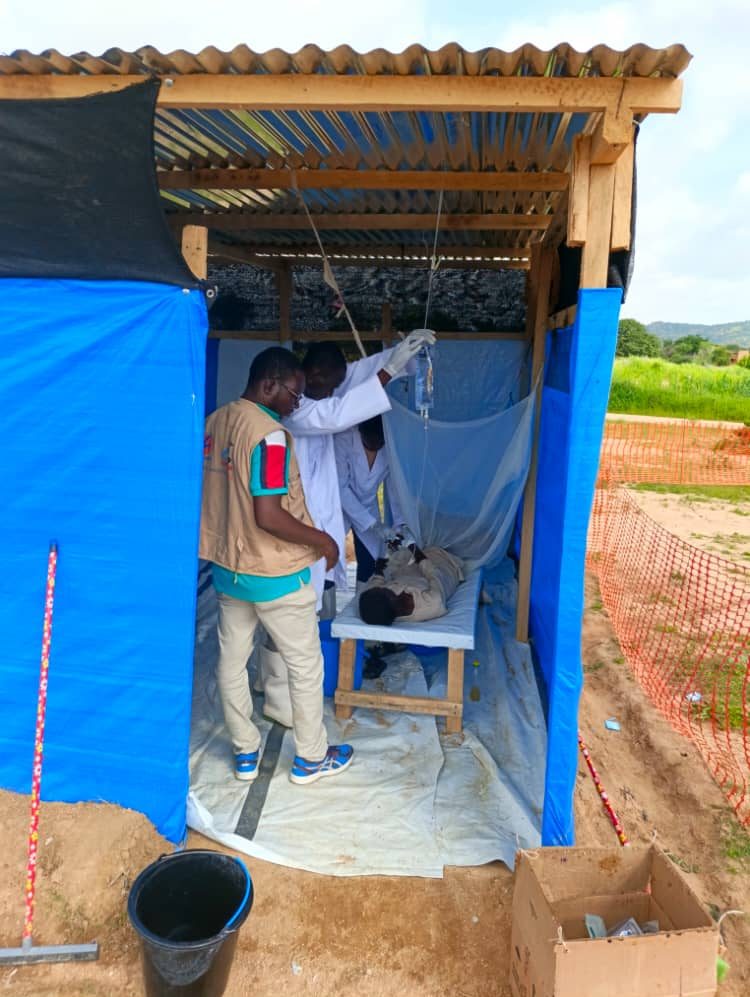
While Sudan remains gripped by the conflict, another silent but deadly crisis is now spreading to neighboring countries: cholera. ALIMA
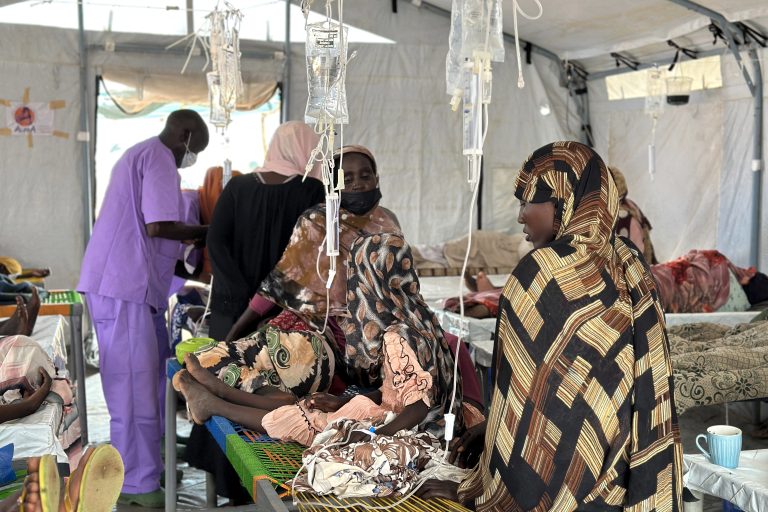
ALIMA is among the NGOs on the frontlines as cholera cases surge in North Darfur.
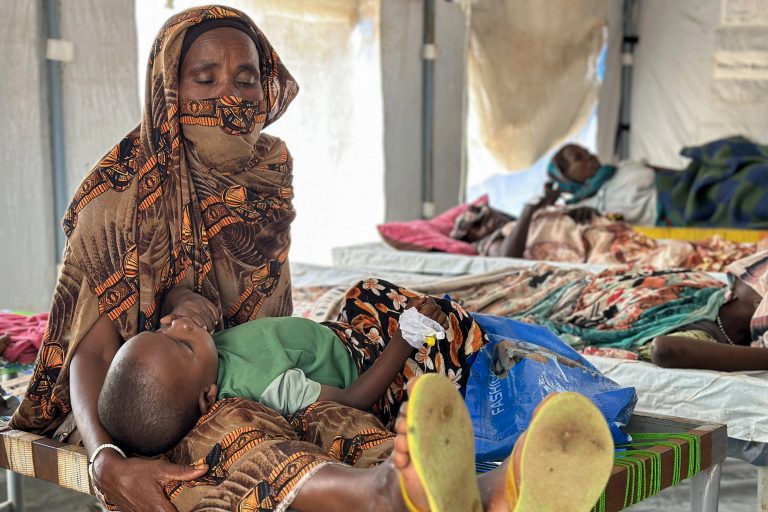
On World Humanitarian Day, RFI (Radio France internationale) spoke with Dr. Rodrigue Alitanou, ALIMA’s Director of Operations, who warned of
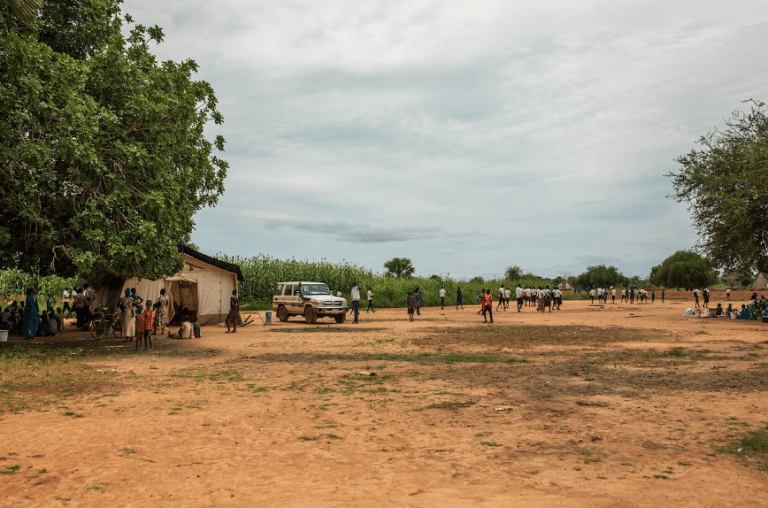
As the humanitarian situation in South Sudan continues to worsen, and many international organizations reduce or suspend their operations, ALIMA
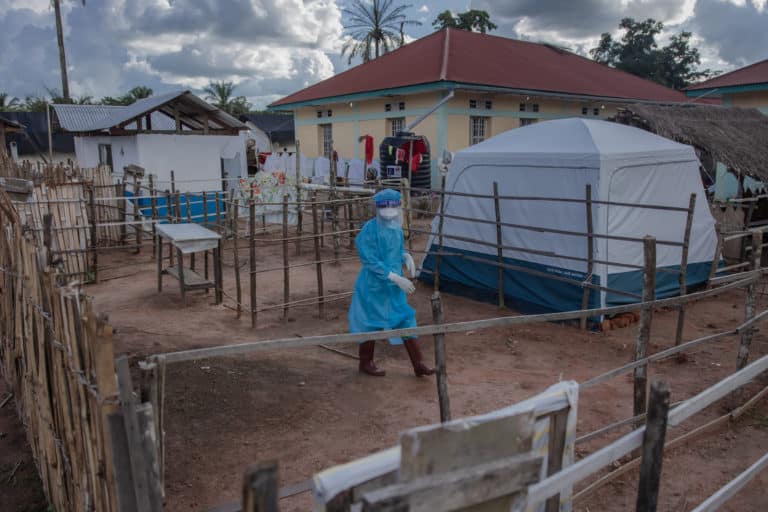
Speaking on the program Priorité Santé on RFI, Dr. Abdoul Karim Sangaré, ALIMA’s Medical Coordinator in Goma, raised the alarm
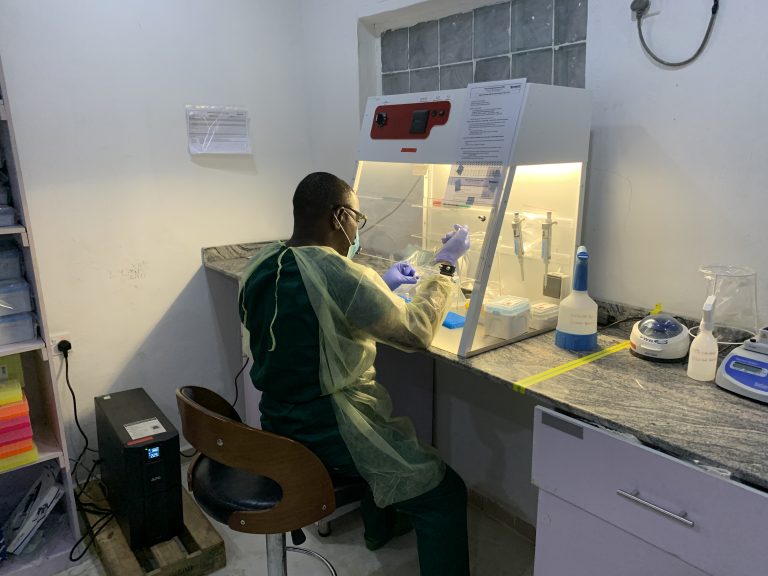
Lassa Fever Peak Hits Nigeria Again; ALIMA, in Partnership with the Ministry of Health and Communities in Owo, Southwest Nigeria,
We offer country-specific donation forms to give you access to local payment options and tax benefits.
Please wait while you are redirected to the right page...